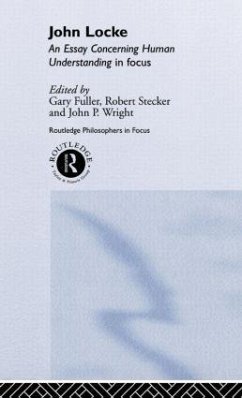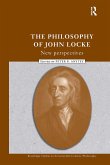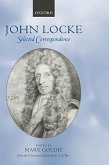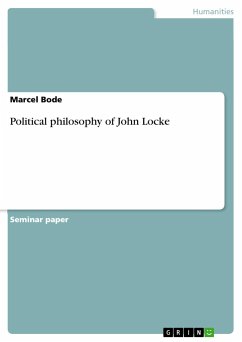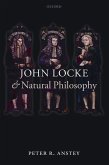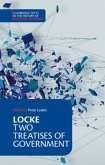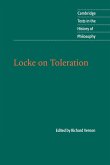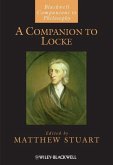John Locke's Essay Concerning Human Understanding is among the most important books in philosophy ever written. It is also a difficult work dealing with many themes, including the origin of ideas; the extent and limits of human knowledge; the philosophy of perception; and religion and morality. This volume is original in that it focuses on the last two of these topics and provides a clear and insightful survey of these overlooked aspects of Locke's best known work. Four eminent Locke scholars present authoritative discussions of Locke's view on the ethics of belief, personal identity, free will and moral theory. Contributors include John Passmore (Australian National University), Harold Noonan (Birmingham University), Vere Chappell (University of Massachusetts, Amherst), and Daniel Flage (James Madison University).
Hinweis: Dieser Artikel kann nur an eine deutsche Lieferadresse ausgeliefert werden.
Hinweis: Dieser Artikel kann nur an eine deutsche Lieferadresse ausgeliefert werden.

